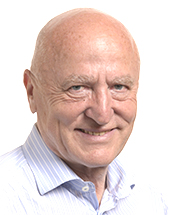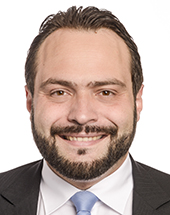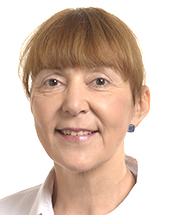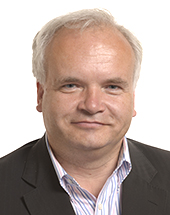
Choisissez la langue de votre document :
- bg - български
- es - español
- cs - čeština
- da - dansk
- de - Deutsch
- et - eesti keel
- el - ελληνικά
- en - English
- fr - français
- ga - Gaeilge
- hr - hrvatski
- it - italiano
- lv - latviešu valoda
- lt - lietuvių kalba
- hu - magyar
- mt - Malti
- nl - Nederlands
- pl - polski
- pt - português
- ro - română
- sk - slovenčina
- sl - slovenščina
- fi - suomi
- sv - svenska
|
| Postupak : 2015/2757(RSP) |
| Odaberite dokument : | ||||||
Podneseni tekstovi : RC-B8-0690/2015 | Rasprave : PV 09/07/2015 - 17.2CRE 09/07/2015 - 17.2 | Glasovanja : PV 09/07/2015 - 18.2 | Doneseni tekstovi : P8_TA(2015)0278 | |||
| Doslovno izvješće | |
| Četvrtak, 9. srpnja 2015. - Strasbourg |
|
| Pravna obavijest - Politika zaštite privatnosti |

















